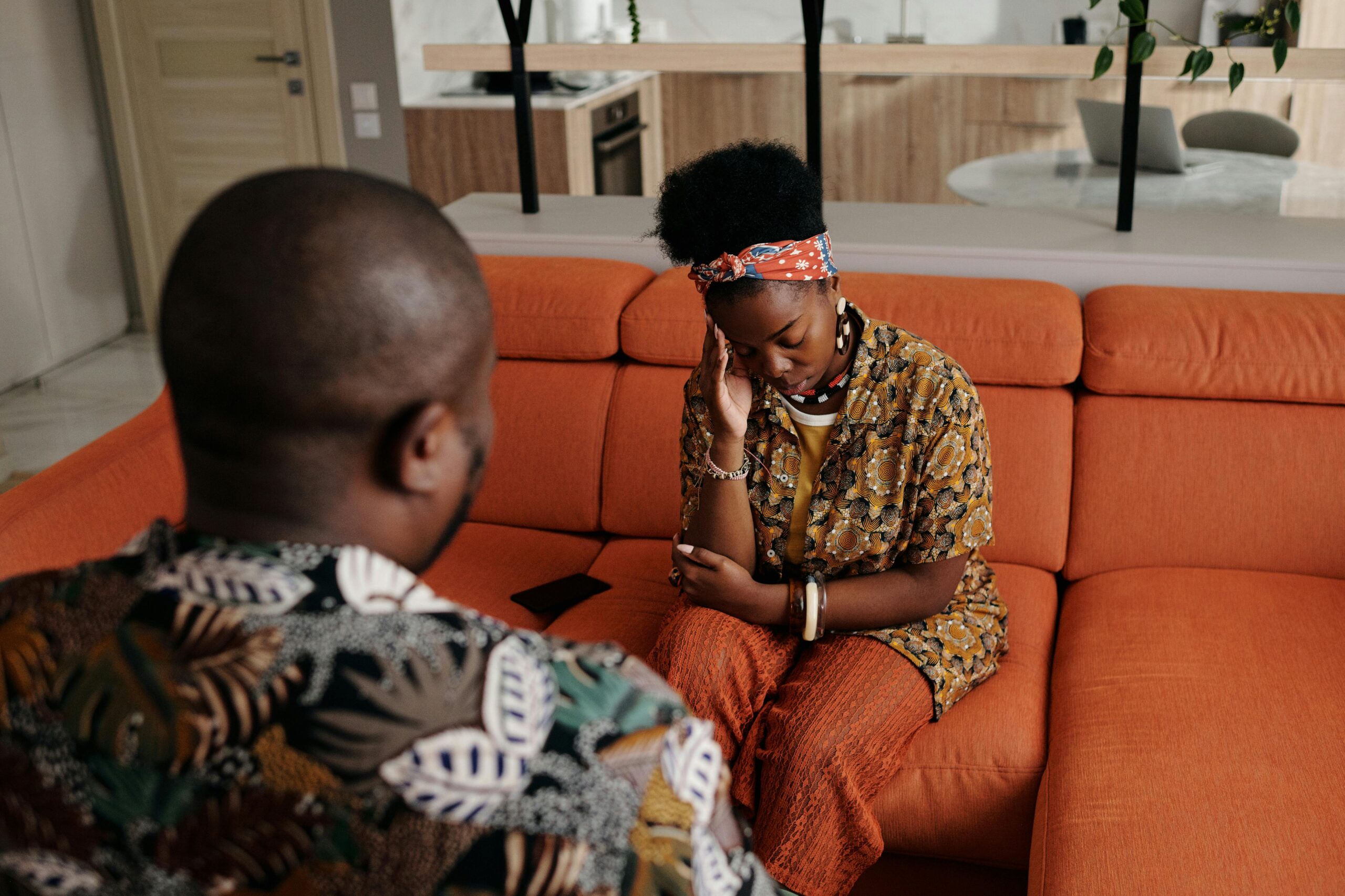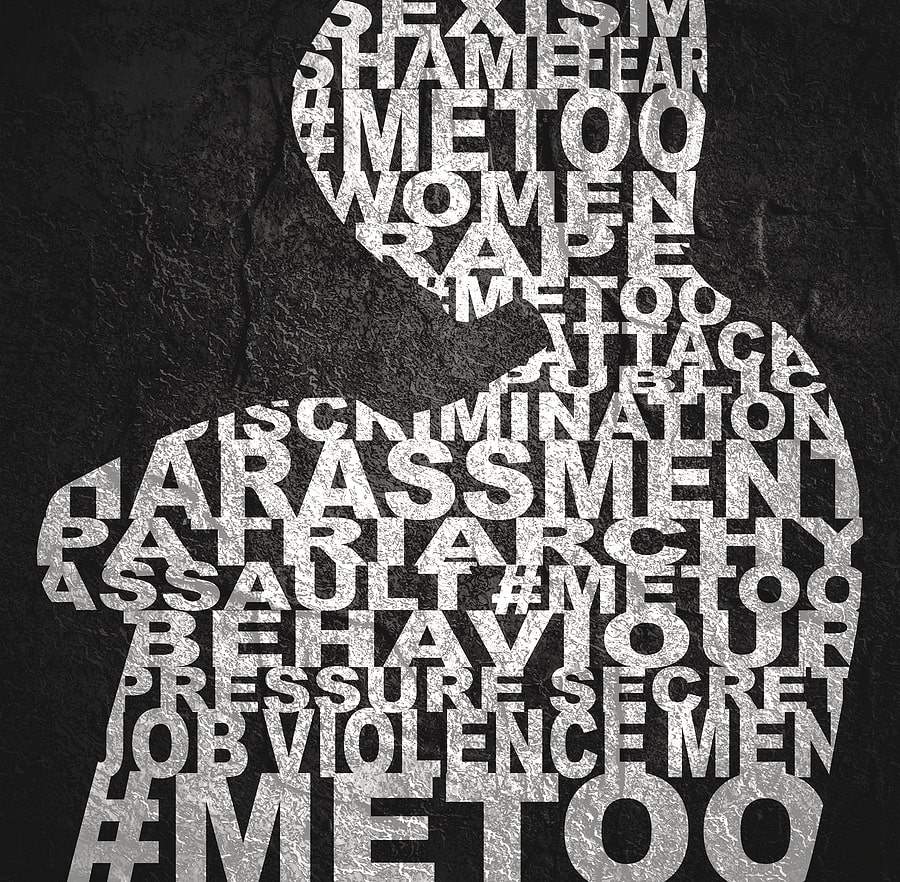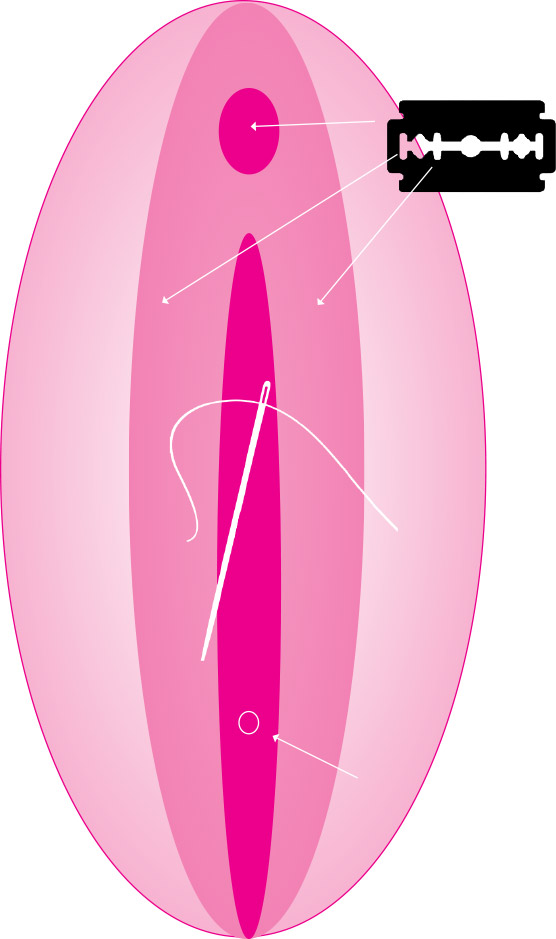In many African societies, especially within the Igbo context, the word Odogwu is often used to describe a wealthy man who provides abundantly for his woman. He is seen as the financial pillar, the one who can “take care of everything.” On the surface, this image appears admirable, even enviable. But when we peel back the layers of what many women in therapy have revealed and what dysfunctional marriages across Africa continue to expose, the glittering image of Odogwu reveals a darker truth.
In Nigeria and much of Africa, the word Odogwu is thrown around like a crown jewel. It is the title for the wealthy man who “takes care” of his woman, showers her with luxuries, and flexes his financial muscle as proof of masculinity. He is the dream husband in many parents’ prayers, the fantasy lover in many women’s wish lists, and the cultural poster child for success.
But beneath the glamour, the loud spending, the dollar rains at parties, and the endless chorus of “He’s taking care of me,” lies a more unsettling truth: Odogwu is not power. Odogwu is trauma.
When Money Masks Brokenness
The so-called Odogwu is rarely the strong man he is celebrated to be. Strip away the cars, the champagne, and the show, and what you find is often a deeply wounded man. A man whose ego is bloated but brittle. A man who mistakes control for love, and money for intimacy.
In therapy rooms across Africa, this pattern repeats itself: men raised in environments of constant criticism, emotional neglect, or betrayal of trust grow into adults who cannot sit comfortably in their own skin. Their fragile self-esteem forces them to seek validation externally, through money, through women, through dominance.
His only language of love is provision. His only tool of power is control. His only shield against inner emptiness is his bank account. Behind the facade of wealth and control lies a man whose ego is not truly strong but deeply fragile. Many of these men carry wounds that money cannot heal, wounds rooted in childhood trauma.
- A boy who never received validation grows into a man who constantly seeks it through material possessions.
- A child who was constantly criticized now silences his partner with dominance so he won’t feel “small” again.
- A young boy betrayed by caregivers becomes a man who cannot trust intimacy, so he replaces love with control.
Money becomes his armor, his performance, his only claim to worth. And so, he equates masculinity with financial power, using it to suppress his woman, ensuring she remains dependent on him so she can never truly challenge his authority.
The Narcissism of Wealth
The Odogwu syndrome is not just cultural, it is psychological. These men often display the traits of narcissism:
- Grandiosity without real self-worth.
- Possessiveness instead of partnership.
- Control disguised as care.
He doesn’t really know intimacy. He knows performance. He doesn’t know connection. He knows transaction. For him, women are ornaments, not equals. And society enables it, praising him not for his heart, but for his wallet. When we look closely, the traits of Odogwu mirror narcissism, a self-absorbed way of relating to others that stems from deep inner emptiness.
- He thrives on admiration but fears vulnerability.
- He can “buy” any woman, but he cannot connect to her emotionally.
- He views his partner not as a companion, but as a possession, a symbol of his success.
This narcissistic dynamic is further reinforced by cultural values that elevate wealth above character. In such a system, money becomes the substitute for manhood.
The Woman as the Silent Enabler
But the rot does not end with the man. The women, too, are trapped in this system. Raised in cultures that equate their value with the financial worth of their partner, many women have been socialized to view survival, status, and security as indicators of love.
They enable suppression in exchange for provision. They silence their dreams in exchange for designer bags. They mistake dependency for devotion.
This is not romance. This is brainwashing. And it is robbing women of their true voice while reinforcing men’s worst dysfunctions.
Here lies the most tragic twist: the woman. In many cases, she has been conditioned by the same system to believe that her worth is tied to the financial capacity of her man. She is brainwashed into equating love with provision, affection with bank alerts, and intimacy with shopping bags.
She enables his dysfunction, sometimes unconsciously, by tolerating suppression, silencing her own needs, and trading her self-worth for economic security. This is not just personal weakness but a reflection of a society that grooms women to idolize money and grooms men to weaponize it.
A Culture Built on Fragile Men
We must be honest about what this culture is producing: men who confuse money for masculinity, and women who confuse dependency for love. Families built on this dysfunction are fragile, loveless, and transactional. Children raised in these homes learn the same twisted script. Boys inherit the need to dominate with money, girls inherit the willingness to submit for survival.
It is a cycle of trauma dressed in agbada and gold chains.
When intimacy is replaced by money, relationships become transactions rather than connections. Marriages crumble under the weight of unspoken emotional needs. Children raised in such environments internalize the same dysfunction: boys grow into men who dominate, and girls grow into women who submit to financial control.
The cycle continues until we break it.
Breaking the Cycle
It’s time to stop glorifying Odogwu. Money is not manhood. Provision is not partnership. Dominance is not love.
The real man is not the one who silences his woman with shopping bags but the one who listens to her voice. He is not the one who keeps her financially crippled so she cannot challenge him, but the one who empowers her so they can rise together.
African culture must wake up to this truth: the Odogwu we celebrate is not a hero. He is a symptom of unhealed trauma, toxic masculinity, and a society that has chosen wealth over worth, and power over partnership.
Until we name it for what it is, the cycle will continue.
To dismantle the Odogwu illusion, we must confront:
- Childhood Trauma: Helping men face the wounds of invalidation, criticism, and betrayal that shaped their fragile egos.
- Toxic Masculinity: Challenging cultural norms that equate money with manhood.
- Female Conditioning: Empowering women to see their worth beyond money, and to demand intimacy, respect, and emotional safety.
- Therapeutic Healing: Develop the culture of Therapy to create spaces where couples can unlearn dysfunctional patterns and rebuild relationships based on trust and emotional connection.
The Truth About Intimacy
Real power is not in money, it is in vulnerability. It is in a man who can sit with his partner, listen without defense, admit his fears, and love without control. True masculinity is not domination but integration, the strength to be both provider and partner, leader and listener, protector and lover.
Until men heal their childhood wounds and women break free from the chains of financial idolatry, the cycle of trauma will continue.
And so we must say it loudly, not as an insult but as a call to awareness:
Odogwu is not love. Odogwu is not strength. Odogwu is trauma!
THE FIXER WROTE IT!





















8 Comments
This is perfectly captured. Thank you for sharing this deep insight. I’ve often wondered why the odogwu thing is being glorified. Being in a marriage relationship with a man who doesn’t really ‘see’ the woman, but leads with only finances, that’s another level of trauma.
Sadly, the kids will see this as you rightly pointed out and adopt it as a norm and that’s how generational trauma is being passed down and nations get destroyed.
Thank you again for always lending your voice.
You are welcome. Thank you for your thoughts too.
It’s deep and true at every level both the male trauma and the female conditioning.
You can say that again.
This is a very sincere interpretation of what Odowgu is. We have them all over I feel African should improve in parenting to balance between parenting a male child and a female child, attention is shifted to the girl child we neglect training boy, they grow up by themselves and become what they believe in.
You are very right.
Excellent Topic… Well done
Thank you